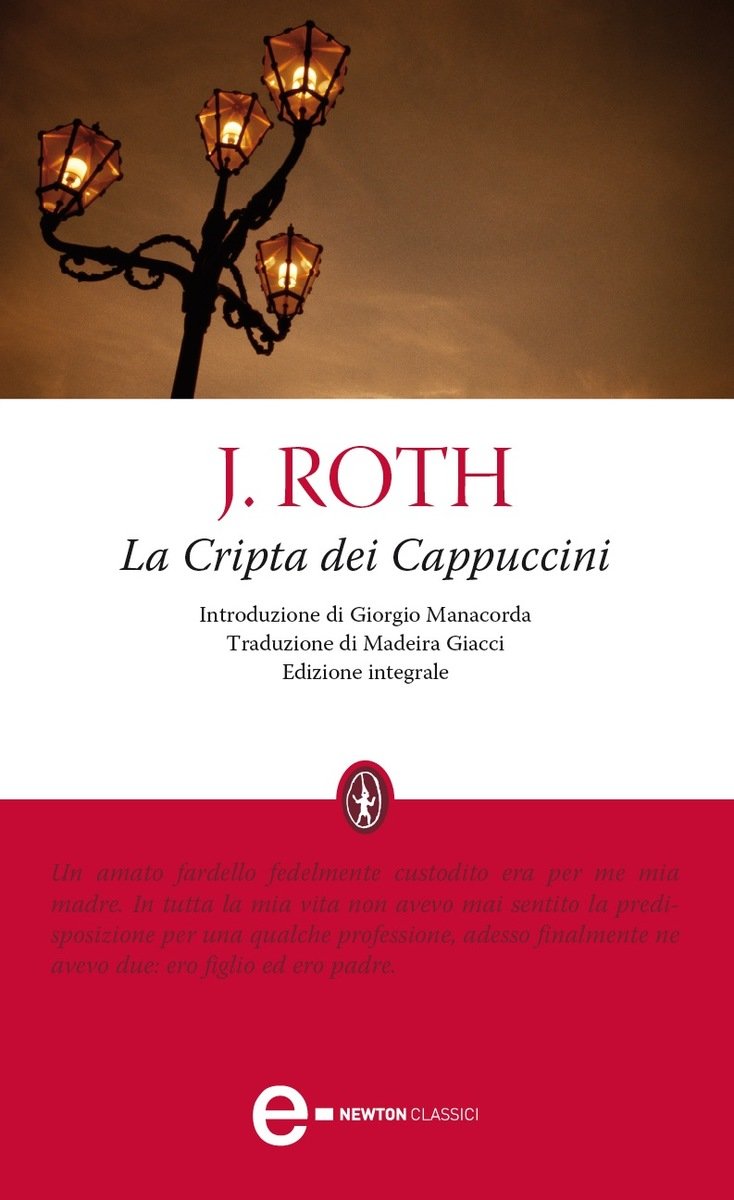Introduzione di Giorgio ManacordaTraduzione di Madeira GiacciEdizione integraleLa vita del giovane Trotta, rampollo di una famiglia viennese divenuta nobile grazie al gesto eroico di un prozio che salvò la vita all´imperatore Francesco Giuseppe, trascorre senza alcuna preoccupazione se non quella di sperperare soldi e perdere tempo in compagnia di amici sfaccendati. Finché l´esperienza della guerra e della prigionia darà inizio a una lunga sequenza di disgrazie che, malgrado il matrimonio con la bella Elizabeth, segneranno indelebilmente gli anni della maturità di Trotta. Dilapidato il patrimonio di famiglia, la situazione precipita: la madre muore, la moglie parte in cerca di fortuna come attrice, abbandonando lui e il loro figlio. A questo punto, l´unica cosa che dà al protagonista la forza di andare avanti è la sua fede nell´Impero. Un romanzo dalla portata storica e simbolica eccezionale, caratteristica di tutta l´opera di Joseph Roth, non a caso definito il più grande cantore della caduta dell´Impero Asburgico.Joseph Rothnacque in Galizia nel 1894. Rimasto presto orfano del padre, morto in manicomio, crebbe con la madre e frequentò il ginnasio e l´università. Prestò servizio come addetto stampa dell´esercito austro-ungarico durante la prima guerra mondiale e proseguì la carriera giornalistica anche negli anni successivi, dedicandosi al tempo stesso alla narrativa. Con le prime leggi razziali della Germania nazista decise di emigrare in Francia, a Parigi, dove continuò a scrivere e dove morì nel 1939. Di Roth la Newton Compton ha pubblicato La Cripta dei Cappuccini, La leggenda del santo bevitore e Fuga senza fine, La Marcia di Radetzky e Giobbe.


